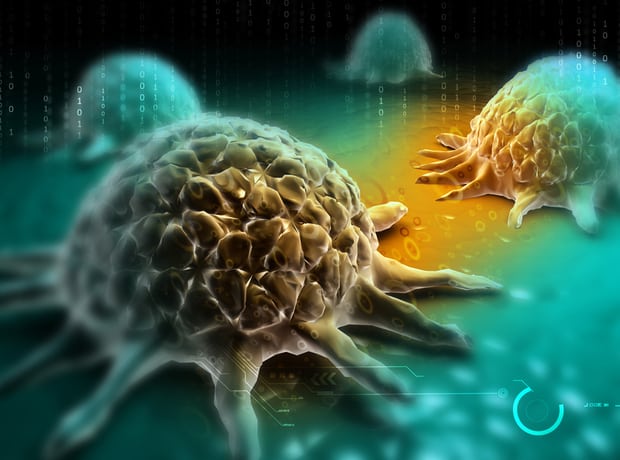
We extend our deepest gratitude to Dr. Jennifer Guy, Dr. Anjana Pillai, Dr. Christopher Rose, Dr. Elliot Tapper, patient advocate Bruce Dimming, and our sponsors. In case you missed it, our webinar ‘Liver Cancer Care: Management of Hepatic Encephalopathy, Ascites, and Portal Hypertension’ is available on GLI’s YouTube channel! Whether you’re a patient, caregiver, or healthcare professional, this webinar offers guidance and education to improve liver care.
Early- onset cancer rates are increasing globally
Early-onset cancer, occurring in adults under 50 years old, is part of a rising global trend. In recent cases, doctors are witnessing patients in their late thirties presenting with metastatic breast cancer and patients in their mid-forties with advanced colon cancer. Breast and gastrointestinal cancers are increasingly afflicting younger demographics. Contributing factors include shifts in nutrition and lifestyle, such as increased consumption of ultra-processed foods, sugary beverages, and red meat; tobacco use; excess alcohol intake; sleep disturbances; obesity; and sedentary habits. Early-onset cancers often go undetected, underscoring the pressing need for enhanced education among primary care providers and heightened awareness among individuals, as well as consideration of the expansion of screening programs.
Systemic Therapy for Advanced Hepatocellular Carcinoma: ASCO Guideline Update
The American Society of Clinical Oncology (ASCO) has successfully accomplished its goal of updating evidence-based guidelines to aid decision-making for patients with advanced hepatocellular carcinoma (HCC). Through the collaboration of a multidisciplinary Expert Panel, ASCO developed a thorough systematic review, integrating findings from ten new randomized controlled trials. The study revealed promising insights, suggesting that several new drug combinations could offer substantially improved treatment options compared to existing combinations for various stages of advanced HCC.
US Researchers Reveal Positive Results of Personalized Vaccine for Liver Cancer
Researchers from the Johns Hopkins Kimmel Cancer Center have revealed an encouraging breakthrough in liver cancer: a personalized liver cancer vaccine. This vaccine contains DNA encoding specific mutated genes, aiding the immune system to identify abnormal proteins and eliminating the cells that produce them. In a preliminary clinical trial involving 36 hepatocellular carcinoma (HCC) patients, the combination of this vaccine with Keytruda, an immunotherapy medication, resulted in significant tumor shrinkage in nearly one-third of the patients and a complete response with no evidence of tumors for 8% of patients. While these results are exciting for the future of cancer vaccines, further research is needed to confirm and build upon initial findings.
EPA issues first-ever drinking water standards for ‘forever chemicals’
In a stride towards safeguarding public health, the Biden Administration announced the first ever national drinking water standard for per- and polyfluoroalkyl substances (PFAS) chemicals, which are linked to liver cancer. The Administration honored Amara Strande, a young, passionate activist who passed away from liver cancer linked to exposure to PFAS. Commonly referred to as forever chemicals, because they break down very slowly, PFAS can be found in everyday products, such as makeup and food packaging, and have been linked to several health risks. The Environmental Protection Agency’s new regulations aim to reduce PFAS exposure for approximately 100 million individuals, with nearly $1 billion in funding allocated to assist states with PFAS testing and treatment efforts. This measure represents a commitment to protecting communities from the adverse effects of PFAS contamination and honoring those who have been affected by its consequences.
Upcoming Events:
- May 7, 2024: Culture as Connection
- May 13, 2024: Cholangiocarcinoma Foundation: Parents with CCA Support Group Zoom
- May 20, 2024: Triage Cancer: Benefits for Veterans with Cancer Webinar
We’re excited to announce that the GLI team will be present at these upcoming conferences:
- May 18-21, 2024: Digestive Diseases Week
- June 5-8, 2024: EASL Congress 2024
For more information about the Liver Cancers Council or to learn more about joining, please visit https://globalliver.org/liver-cancers-council/ or email cancer@globalliver.org


